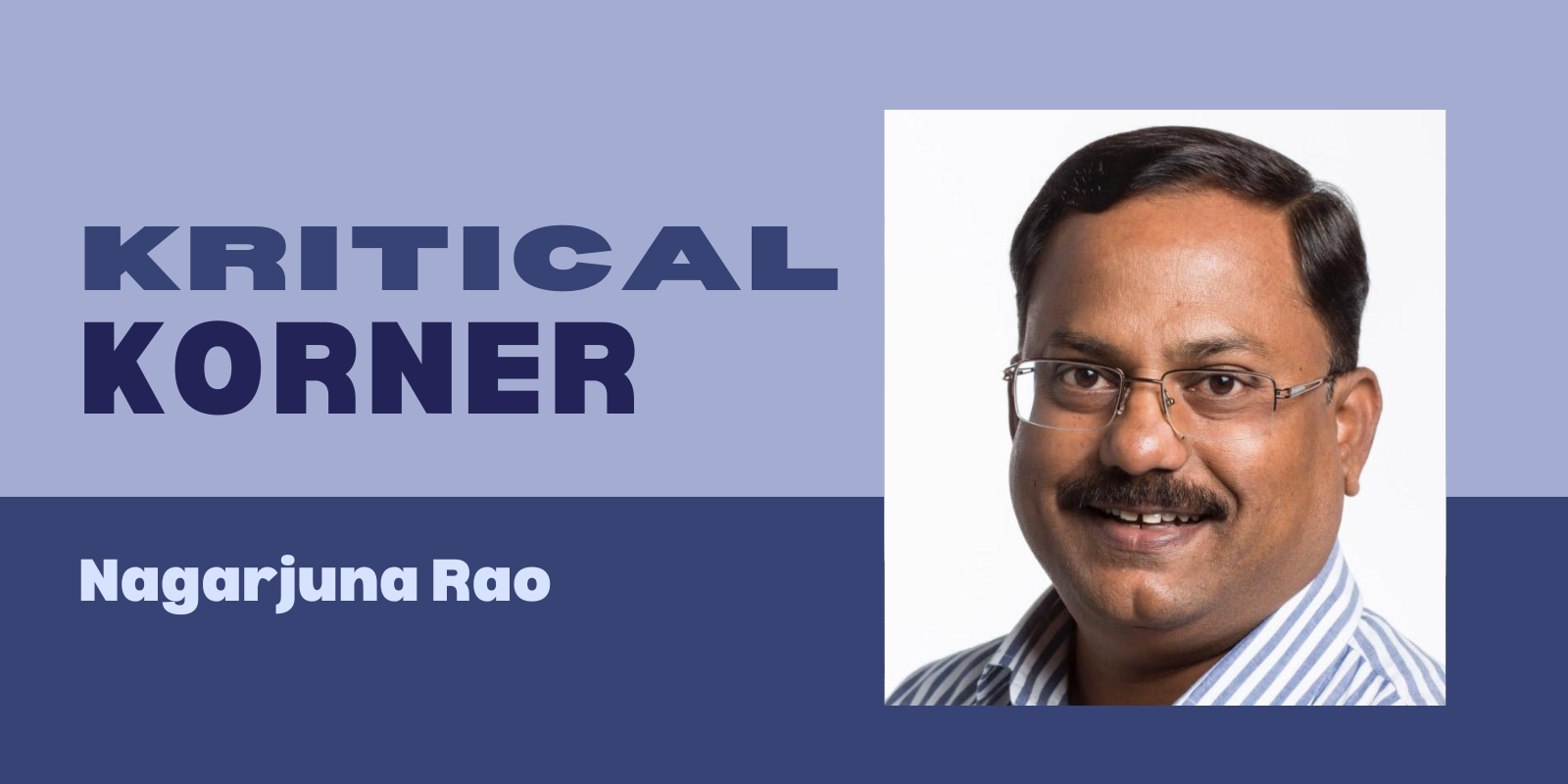India, the land where unity in diversity is a motto, has now updated that to ‘uniformity through division’. The latest frontier in our great civilizational squabble? Language. Yes, we have now outsourced regional pride to our vocal cords. Every linguistic state wants visitors, migrants, even tourists to ‘respect the culture’ by doing the verbal equivalent of walking on hot coals: speak the local tongue fluently, preferably with a native accent.
Consider Tamil Nadu, where an ambitious tea-seller from Bihar risks being handed a grammar test before he can be allowed to sell his chai. Meanwhile, in Karnataka, you’d better roll those vowels right or your food delivery might end up in Shivamogga instead of Shivajinagar. In Mumbai, if you are from Kerala and can not distinguish between tu and tum, congratulations – you have just been promoted to ‘outsider with bad attitude’.
Cultural dignity and self-respect
Of course, the argument is always wrapped in cultural dignity and self-respect. ‘We must protect our language’, say self-appointed guardians, usually in English, on Twitter (now X). ‘Why should we speak Hindi in our state?’ ask those who expect their taxi driver in Hyderabad to understand Telugu but are livid when they aren’t understood in Kannada while holidaying in Coorg.
It is all quite touching. Until, of course, you ask the obvious: If every state insists on its language being supreme, what exactly is the average Indian supposed to do? Carry 121 language phrasebooks like a polyglot explorer? Or do we invent a ‘language GPS’ that switches dialects based on where your Ola drops you off?

Imagine the reverse. A Tamilian visiting Kolkata is told, ‘Ei! Speak in Bangla, dada!’ A Maharashtrian working in Chennai is asked to conjugate Tamil verbs faster than Elon Musk can set up a new political party. Or a Haryanvi family relocating to Hyderabad being warned: ‘No Telugu, no tenancy’. Sounds ridiculous, right? But swap the roles and suddenly it is ‘our language, our pride’.
Linguistic common denominator
Now, it might be time to acknowledge the elephant in the room, or rather, the haathi. Hindi. Yes, yes, cue the gasps. But it is a fact that Hindi, for all the hatred it inspires among regional purists, remains the closest thing India has to a linguistic common denominator. It is not perfect, and no one is forcing anyone to sing ‘Ye bhai zara dekh ke chalo’ at gunpoint, but when a Bengali and a Malayali have to argue over a train seat, what do they speak? Sanskrit?
The real problem is not language, it is the obsession with weaponising it. Language isn’t a loyalty test. It is a tool. If I need to ask directions to the nearest restroom in Ahmedabad, I don’t care if it is in Hindi, Gujarati or Morse code. But apparently, language in India is now a test of character, citizenship, and caste – all rolled into one performative mother-tongue purity contest.
Time for a national pact
Perhaps the time has come for a national pact. We keep our mother tongues at home, celebrate them with pride, and stop expecting our neighbour’s daughter-in-law from Jamshedpur to speak flawless Marathi. As for a common thread – Hindi, the awkward yet oddly effective glue that already holds together the airport announcements, soap operas and pan-India WhatsApp forwards—let us just accept it as our unofficial ‘Third Language’.
After all, if we can handle three religions per household and five gods per corner shop, surely we can manage a trilingual brain without combusting? Or we could keep yelling at each other in mutually unintelligible tongues. That, too, is very Indian.




